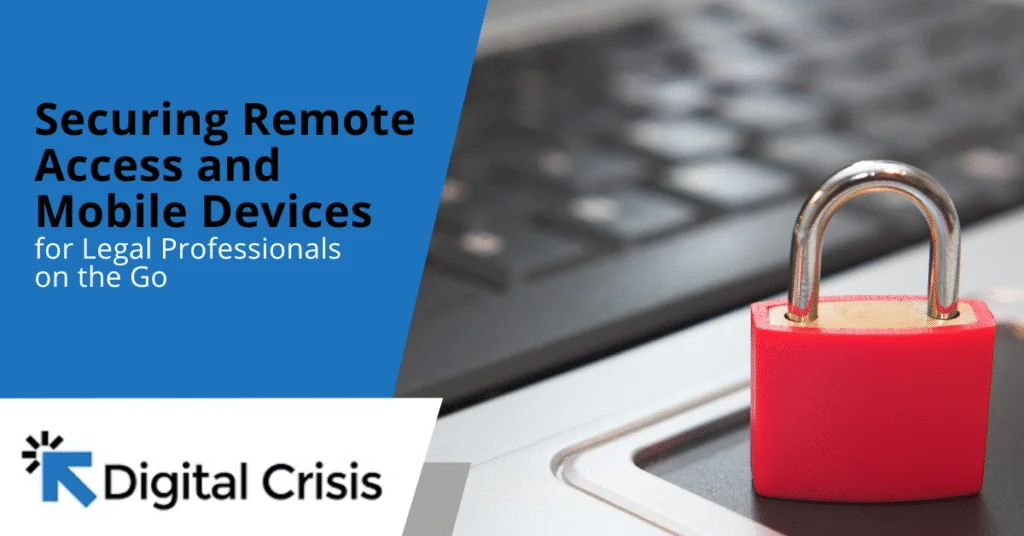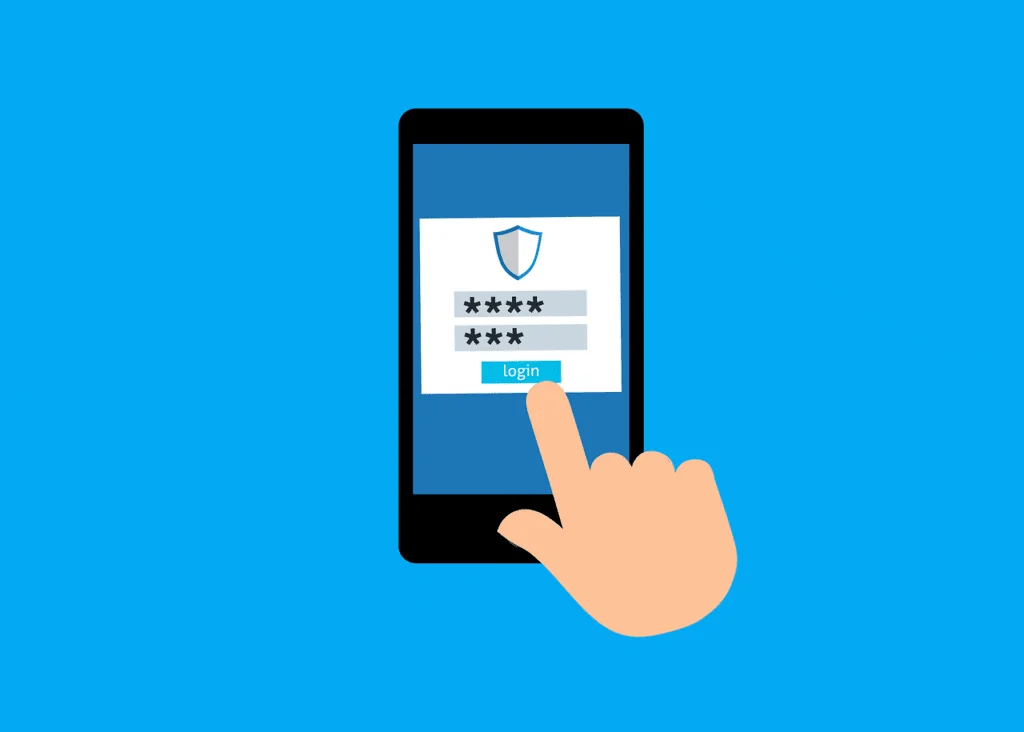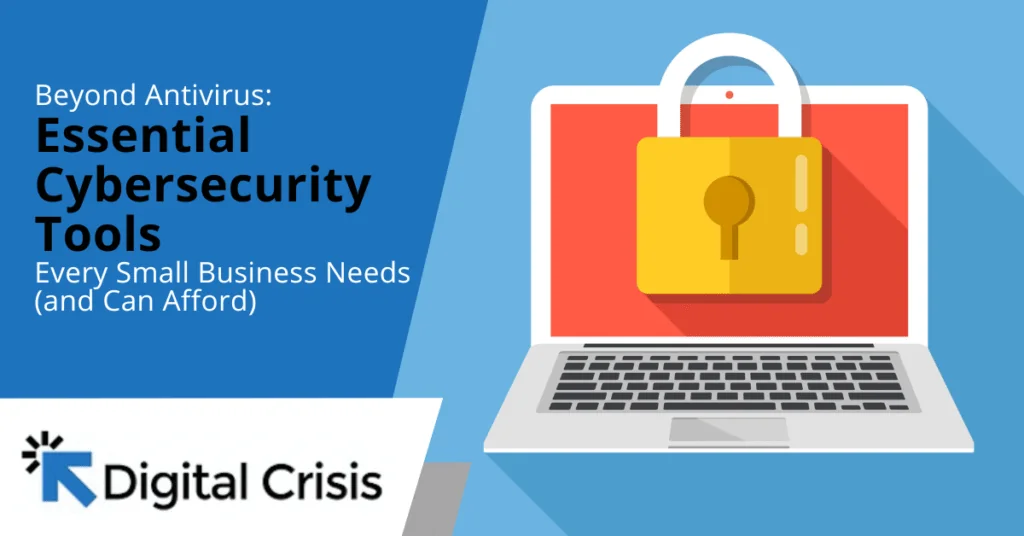Should We Ditch Our Passwords and Go All-in on Passkeys?
Developing and keeping new passwords safe can be challenging, even if you use a password manager. To back up that assentation, a report by Statista states that 15 percent of individuals worldwide change their passwords several times a week.
However, Google, Microsoft, and Apple are partnering to enable a new method for users to access their accounts without ever using a password. Their innovation is the “Passkey,” and even though it isn’t yet widely used, it is gradually rolling out. In addition, their innovation, passkeys, promises to make logins to online accounts easier.
Passkeys, as opposed to user-generated passwords, are powerful and distinctive by design. They are stored and generated on devices and are phishing-resistant. They are protected by biometrics and hardware-level security. Additionally, they are developing them to become accessible across all systems and devices.
Passkeys, now a new method of authentication that some believe could replace passwords altogether, could be an advantage to individuals and businesses. However, before we conclude this innovation, this article will discuss how passkeys work, why they could replace passwords, especially security-wise, and lots more.
How do Passkeys Work?
Passkeys are also passwordless authentication, an alternative way of accessing digital accounts and services without traditional passwords. Rather than typing in a password, users use a device like a smartphone or a security token to verify their identity. This authentication method is gaining popularity, and some businesses are starting to offer it as an option for their users.
When a user uses a passkey to register into an account, a prompt, also known as a challenge, is sent to a different device they own, for instance, their smartphone, asking them to confirm their logins via biometrics such as a face scan or fingerprint or inputting a PIN.
Are Passwords becoming increasingly insecure Compared to Passkeys?
Passwords and passkeys are both methods of authentication used to secure user accounts and data.
Passwords are primarily a combination of letters, numbers, and symbols a user creates and remembers to access their account. They have been used for decades and are widely used in many online services. However, passwords can be easily compromised if they are weak, reused across multiple accounts, or if they are stolen in a data breach. In addition, users may forget their passwords or have trouble remembering multiple passwords for different accounts, leading to security risks.
On the other hand, passkeys are a type of authentication that uses a physical device, such as a token or biometrics, to access an account. These devices use a unique key pair to authenticate the user, and they are often more secure than passwords because they are not vulnerable to hacking or phishing attacks. However, passkeys may be more expensive than passwords and require additional hardware, making them less accessible to some users.
Passwords and passkeys have their advantages and disadvantages when it comes to security. While passkeys may be more secure in certain situations, passwords can still be effective if they are created correctly, used appropriately, and protected with additional security measures such as two-factor authentication.
Should Businesses Adopt Passkeys?
Phishing and data breaches are two of the most significant issues passkeys addresses compared to passwords. Passkeys aren’t repeated across various websites like passwords, so compromised credentials don’t cause severe harm.
Adopting passkeys can benefit small and medium-sized businesses, as it might help reduce possible security risks for startups. Although, that depends on the business’s budget because a business shouldn’t adopt policies that might cost them more than they profit through the services they offer.
Will Passkeys Become Mandatory?
Passkeys may become mandatory in the future, as there is growing recognition of the limitations of traditional passwords in terms of security and convenience.
Several major tech companies, such as Microsoft, Google, and Apple, have already introduced passkey authentication options, and more organizations are likely to follow suit. However, it is also possible that traditional passwords will continue to be used alongside passkeys for some time, as there are still some technological and logistical challenges to overcome before passkeys become a universal authentication method.
Ultimately, whether passkeys become mandatory or not will depend on diverse factors, including technological advancements, user adoption, regulatory requirements, and security threats.
Also, it’s important to note that passkeys are not a silver bullet for all security issues. There’re still some concerns about passkeys security, particularly around the devices used to verify identity. If a passkey device is lost or stolen, it could potentially be used to access an account. Additionally, there is a risk that passkeys could be used to track users across different websites and services.
So, Can We All Ditch Passwords now?
Although passkeys offer a promising alternative to traditional passwords, they are not a perfect solution yet. As with any security technology, it is crucial to carefully evaluate the risks and benefits before adopting it. It may be worth considering using passkeys alongside traditional passwords for added security rather than ditching passwords entirely.
For now, passkeys can be a valuable addition to an organization’s security arsenal, but they should not be relied on exclusively. Passwords should still be used as a backup authentication method, especially in case of a lost or stolen token.
As for individuals, passkeys can help secure important accounts, but they may not be necessary for every account. For example, passkeys may be more suitable for financial accounts.
Adopt New Security Solutions in Your Business with Digital Crises
Our goal at Digital Crises is to provide the tools to make your technology more efficient by offering managed IT assistance tailored to your needs. We support Houston companies so they can operate more efficiently. Need IT help? Contact us today!














